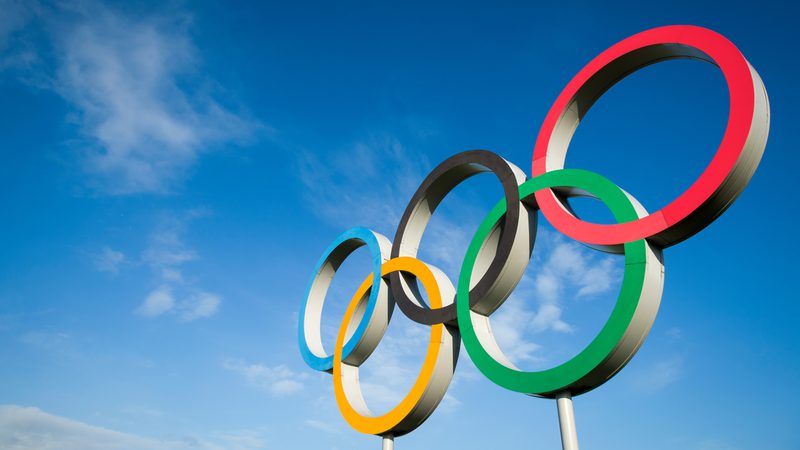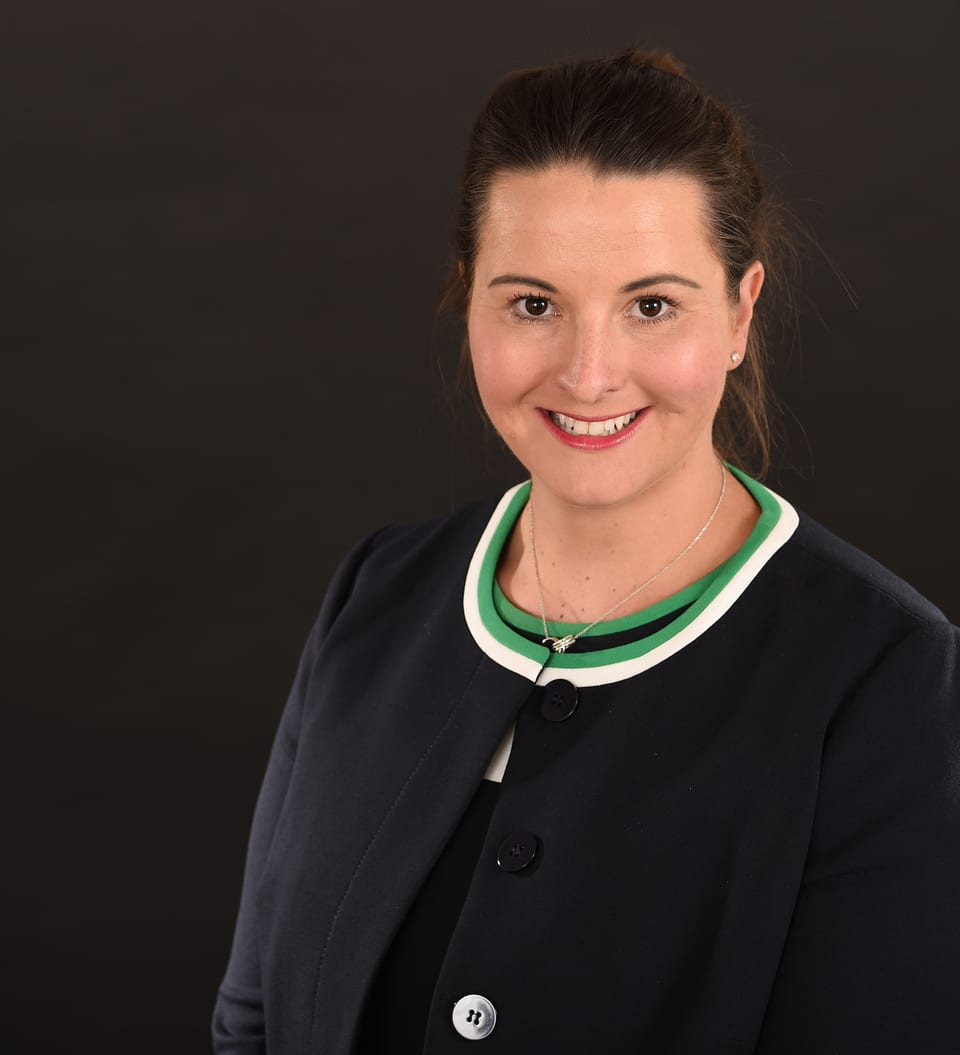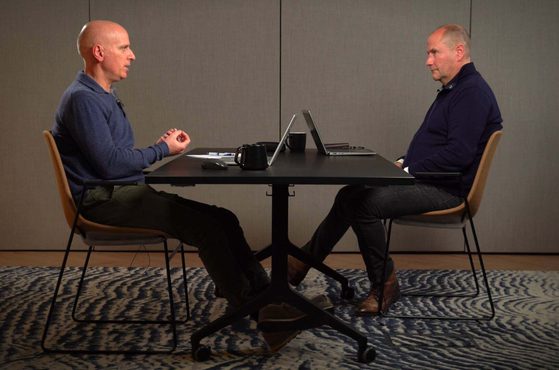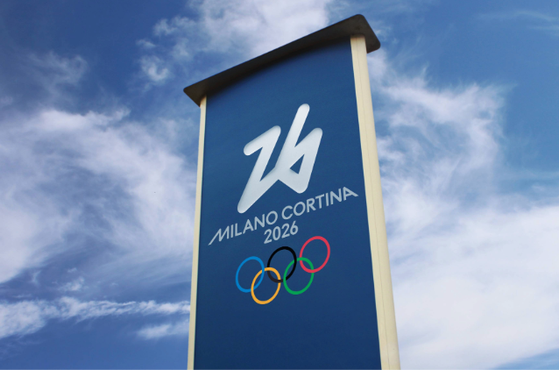Government to consult on unlicensed gambling operators sponsoring British sports

We explore the consultation background, the regulatory concerns driving it and what it could mean for clubs with existing or future sponsorship deals.
Read more
We make the difference. Talk to us: 0333 004 4488 | hello@brabners.com
AuthorsCatherine Forshaw
6 min read

Image credit: lazyllama — Adobe Stock
The International Olympic Committee (IOC) is expected to introduce a blanket ban on transgender women participating in female sporting categories, following a scientific review which found that the physical advantages of male puberty may persist even after medical transition and testosterone suppression.
The policy — which is set to be announced around the Milan-Cortina 2026 Winter Olympics — represents a fundamental shift in Olympic eligibility rules, with wide-ranging implications for international sports federations, national Olympic committees and athletes alike.
Here, Catherine Forshaw — a sport regulatory, safeguarding and athlete eligibility expert who sits as the Legal Representative and Chair on a number of national governing body eligibility and inclusion panels that deal specifically with the inclusion of transgender athletes in sport — examines the legal context of the proposed ban, its potential compliance challenges under international human rights law and the likely impact on sports governance and dispute resolution frameworks.
On 12 November 2021 — in the wake of the postponed Tokyo 2020 Olympic Games — the IOC approved its ‘Framework on Fairness, Inclusion and Non-Discrimination on the basis of Gender Identity and Sex Variations’. A highly anticipated update to the IOC’s existing 2015 Consensus Statement, the Framework concluded that individual sports and their respective international federations would be responsible for setting their own eligibility criteria for transgender athletes at an elite level — therefore moving away from its previous guidance that focused solely on testosterone levels as a method of differentiating eligibility.
Under the new presidency of Kirsty Coventry, the IOC has shifted towards a more centralised and protective stance. Coventry — a former Olympic swimmer — has emphasised that “the protection of the female category” should be a key institutional priority, supported by scientific evidence and applied uniformly across sports.
At a meeting in Lausanne in November 2025, Dr Jane Thornton — the IOC’s Medical and Scientific Director — presented the preliminary findings of a scientific review that was commissioned into transgender athletes and competitors with differences of sexual development (DSD) competing in female sport. The review forms part of ongoing work by the IOC working group that was established to examine the protection of female categories. In a statement, the IOC said that discussions within the working group were continuing and "no decision has yet been taken". However, according to reports in The Times, the new eligibility policy is likely to be announced in early 2026 and implemented before the Los Angeles 2028 Olympic Games.
One key legal development is the transformation of the IOC’s approach from non-binding guidance to binding eligibility regulation. Historically, the IOC has issued recommendations rather than enforceable rules, respecting the autonomy of international federations to regulate eligibility. Moving to a codified regulatory model will not only impose uniform standards but also expose the IOC to direct legal scrutiny, including potential claims before the Court of Arbitration for Sport (CAS) or under the Olympic Charter’s non-discrimination provisions.
This step will necessitate careful drafting to ensure that the new rules are legally defensible, consistent with procedural fairness and compliant with applicable equality and human rights standards.
The new framework is expected to exclude:
The inclusion of DSD athletes follows high-profile controversies such as the Paris 2024 Olympic boxing tournament, where Algerian boxer Imane Khelif and Taiwanese boxer Lin Yu-Ting won gold medals despite prior ineligibility under separate federation testing criteria.
Following these events, World Boxing introduced mandatory genetic sex testing — a move now mirrored in the IOC’s broader review of eligibility regulation.
For the IOC to implement such a ban, the following areas must be satisfied.
Under the Olympic Charter, discrimination on the basis of sex or gender identity is prohibited unless justified by a legitimate sporting objective. A blanket ban must therefore be proportionate — in other words, it must pursue a legitimate aim (such as ensuring fairness or safety) through the least restrictive means available.
The IOC must demonstrate that its conclusions are empirically grounded in robust and peer-reviewed science. This will be central to defending any future challenges before CAS or human rights bodies that could allege arbitrary or discriminatory treatment.
Athletes affected by the ban must have access to transparent procedures including notice, testing protocols and rights of appeal. Any failure to ensure procedural fairness could invalidate the rules or expose the IOC to legal liability.
Any exclusionary policy must comply with international human rights instruments.
The forthcoming ban will intersect with domestic law, particularly in the US — where the United States Olympic and Paralympic Committee recently confirmed that sex-verification tests will be conducted on female skiers and snowboarders ahead of the Milano Cortina 2026 Winter Olympic Games.
The IOC's engagement with sex verification testing has a complex history. The organisation introduced 'certificates of femininity' at the Mexico City 1968 Olympic Games, followed by chromosome-based tests in the 1970s. These practices were widely criticised and ultimately abandoned ahead of Sydney 2000.
President Donald Trump has also signed an executive order prohibiting transgender women from participating in women’s categories at the Los Angeles 2028 Games. The order also contemplates visa restrictions for affected athletes.
The IOC’s move to introduce the ban prior to LA 2028 is likely intended to pre-empt potential jurisdictional and diplomatic conflicts with US law.
Should the new policy be adopted, legal challenges can be anticipated before:
International federations implementing the policy must ensure alignment between IOC standards and domestic law, as inconsistencies could expose them to liability or disciplinary review.
The IOC’s anticipated eligibility framework represents a decisive policy turn in favour of protecting competitive integrity within female categories. However, it also raises complex questions at the intersection of science, law and human rights.
For international federations and national governing bodies, the challenge will be to balance fairness with inclusion while maintaining compliance with international legal norms. For athletes, the new framework will shape future eligibility, privacy rights and access to legal recourse.
The IOC’s success in crafting a regulation that’s scientifically robust, procedurally fair and legally defensible will determine whether this policy shift withstands the inevitable scrutiny of courts and sporting tribunals.
Our multi-award-winning sports law team provides trusted legal guidance to international federations and national governing bodies — helping them to navigate the complexities of transgender athlete participation.
If you’d like more information on how potential ban ruling could affect your organisation or policies, we’re here to help.
Talk to us giving us a call on 0333 004 4488, sending us an email at hello@brabners.com or completing our contact form below.
Catherine Forshaw
Catherine is a Senior Associate in our sports law team and leads our focuses on rugby and women in sport.
Read more
Loading form...

We explore the consultation background, the regulatory concerns driving it and what it could mean for clubs with existing or future sponsorship deals.
Read more

We discuss the mounting dangers of AI-powered cybercrime across the world of sport with David Andrew — the Founder and Managing Partner of Tiaki.
Read more

We explore how structural, environmental and organisational shifts are shaping the 2026 Winter Olympic and Paralympic Games.
Read more